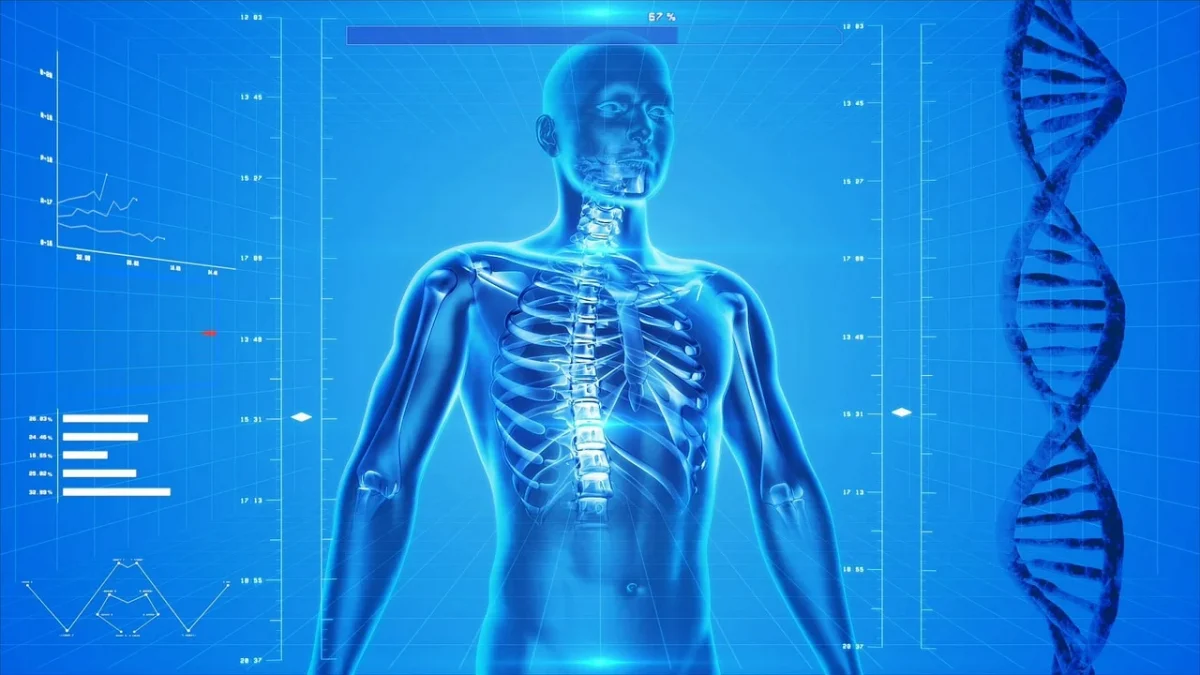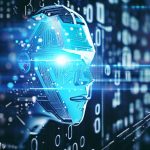AI is becoming more proficient at completing human-like tasks more quickly, effectively, and economically. Both robots and AI have enormous promise in the field of healthcare. Like in our daily lives, our healthcare ecosystem is becoming more and more reliant on AI and robots.
Comprehensive solutions are being developed that use AI algorithms to improve care pathways. Such solutions can solve the problem of underdiagnosis that lead to a heavy burden for patients and healthcare professionals and can also widen the patient pool for pharmaceutical companies. Disease detection using artificial intelligence (AI) has the potential to identify undiagnosed patients with complex and rare diseases. Treatment recommendations, patient engagement, compliance, and organizational activities are also some areas where AI can play a role.
According to some research studies, AI can perform some key healthcare tasks like diagnosing diseases better than humans. AI solution that is statistically robust, clinically relevant, interpretable, and operationally tenable are already being employed by providers of care, and life sciences companies, one example is radiology where AI is spotting malignant tumors and guiding researchers.
Some AI technologies that are of high importance for healthcare are discussed below:
Machine Learning
Machine learning technology is evolving as one of the important technologies as it allows systems to learn from data and detect patterns with minimum human intervention. As patient data becomes more readily available, machine learning technology in the healthcare industry can be used for extracting meaning from medical information. There are massive amounts of healthcare data generated every day within electronic health records that can be used to find patterns and insights impossible to find manually. Precision medicine i.e. predicting what treatment protocols are likely to succeed on a patient by studying patient attributes and the treatment context is one of the most important areas where ML is being used. As machine learning in healthcare gains widespread adoption, it will help healthcare providers in improving diagnosis, developing new treatments, reducing costs, and hence improving care.
Natural language processing (NLP)
NLP, the process of using computer algorithms to identify key elements in everyday language and extract meaning from unstructured input spoken or written, can have many possible applications in the healthcare industry. It can be used for improving clinical documentation through speech-to-text dictation that can enable physicians to concentrate on providing essential care, it also provides that clinical documentation is authentic and maintained up to date. NLP, also helps healthcare providers to automatically review massive amounts of unstructured clinical and patient data and identify eligible candidates for clinical trials. It also allows for clinical assertion that enables healthcare providers to analyze clinical notes and identify the patient’s problems, and the nature of the problem hence helping diagnose and treat patients.
Medical Robots:
Medical robots can aid healthcare professionals to provide more comprehensive care to their patients. These robots can help fill in the gaps and transform the care process. Nursing robots can autonomously monitor patient vitals and assist in tasks like lifting and transferring patients. These robots can also perform many basic tasks and help in activities like drawing blood and other routine tasks. Medical robots can also perform tasks like sanitization, disinfection, cleaning, and maintenance work. Microbots or Microscopic robots are also being developed that can seamlessly travel through the human body performing repairs. This would reduce the need to perform surgeries and cut open a patient, microbots would do it from the inside causing negligible tissue damage to conventional surgery methods.
Robotic Process Automation
Robotic process automation (RPA) through a combination of workflows, and business rules can perform digital tasks for administrative purposes involving information systems. Repetitive tasks like authorization, claims processing, clinical documentation, updating records, billing, etc can be performed efficiently and there are inexpensive, easy to program, and transparent.
Challenges
There are also some challenges and cons of extensively using AI in healthcare. AI is not perfect and may still require human oversight and surveillance. Such Robots also have no sense of empathy and operate only on their program which requires the need for human doctors who can make the final decision. Another concern is the chances and security breaches with data privacy. Possible chances of cyberattacks that can manipulate and possibly give an erroneous diagnosis are also a threat. Despite all this AI in healthcare still can do wonders and is beneficial to the majority of healthcare workers and patients and can make it accessible to a wider range of populations across the world.
Reach out to open-innovator@quotients.com to know more about open innovation updates, programs, and collaboration opportunities.






